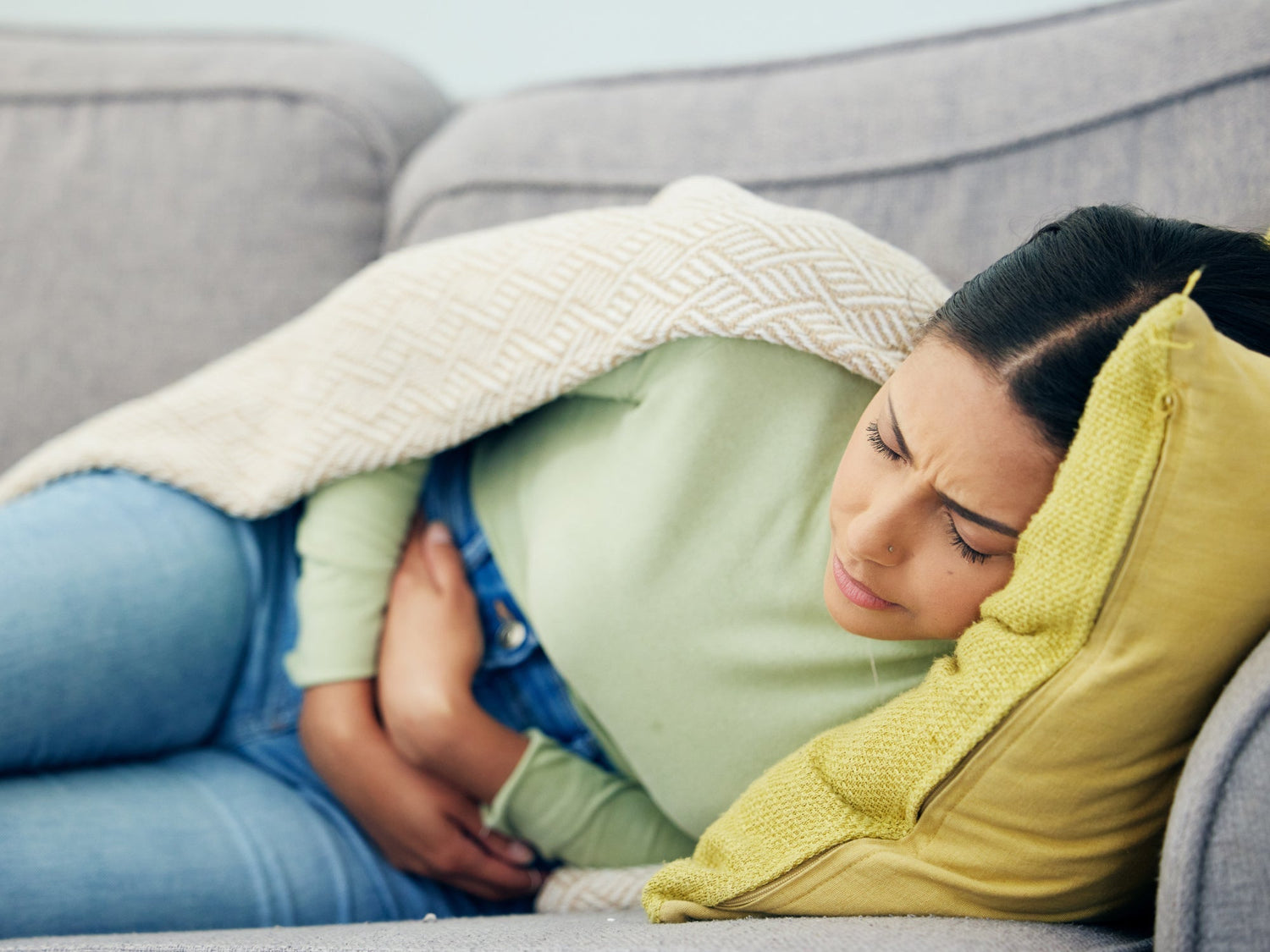As winter sets in, many women notice changes in their menstrual cycles. From heavier flows to severe cramps, the cold weather can disrupt your period in various ways. But you might be wondering - why does this happen? What is the science behind these changes? In this blog, we will delve deep into this topic and explore how you can manage these changes effectively.
Does Cold Weather Affect Your Menstrual Cycle?
Yes, it does. Cold weather can indeed have an effect on your menstrual cycle. The lack of sunshine during the winter season can significantly influence your endocrine system, which controls the hormones responsible for regulating your period. As a result, you may experience changes in your menstrual cycle, such as shorter cycles or heavier flows. This means that your period might arrive earlier than expected, and you could bleed more than usual.
Why Do I Have Heavy Periods in Winter?
During winter, the absence of natural sunlight can disrupt your serotonin and melatonin levels. This hormonal imbalance can lead to heavy periods because these hormones play a crucial role in regulating your menstrual cycle. Additionally, when the weather gets cold, your blood vessels compress, leaving a narrower pathway for blood flow. This can also contribute to heavier menstruation. So, if you're wondering why your periods are heavier in winter, the cold weather could be the culprit.
Can Cold Weather Cause Severe Menstrual Cramps?
Yes, cold weather can cause severe menstrual cramps. Excessive pain during periods, commonly known as dysmenorrhea, is often caused by the secretion of hormone-like substances called prostaglandins. The cold weather can trigger an increase in these substances, leading to more painful cramps. Plus, the constriction of blood vessels in cold weather can exacerbate menstrual cramps. So, if you're experiencing more severe cramps during winter, know that it's not just you - many women report similar experiences.
Does Winter Affect PMS Symptoms?
PMS symptoms can indeed get worse during winter. The lack of sunlight and overall lifestyle changes due to cold weather can be detrimental to both your PMS and your period. Hormonal changes in the body during cold weather can cause a dip in mood, exacerbating PMS symptoms. This means that you might feel more irritable, depressed, or anxious right before your period during the colder months. Understanding this can help you prepare better for these changes.
How Can I Manage Menstrual Changes in Cold Weather?
While you cannot control the weather, there are steps you can take to manage menstrual changes during the cold season effectively. Maintaining a healthy diet, staying hydrated, getting enough sleep, and regular exercise can help regulate your hormones and alleviate period symptoms. Consider taking Vitamin D supplements as well, as it can help balance hormone levels. Additionally, keeping warm can help ease cramps and other period discomforts.
As we've seen, cold weather can significantly impact your menstrual cycle, leading to heavier flows and increased cramps. Understanding these changes can help you better manage your period during the winter months. Remember, while these changes can be challenging, they're perfectly normal. However, if you notice severe or persistent changes in your menstrual cycle, it's always a good idea to consult with a healthcare professional. Every woman's body is unique, and what works for one may not work for another. So, listen to your body, understand its signals, and take care of yourself — no matter the season.





Leave a comment
All comments are moderated before being published.
This site is protected by hCaptcha and the hCaptcha Privacy Policy and Terms of Service apply.